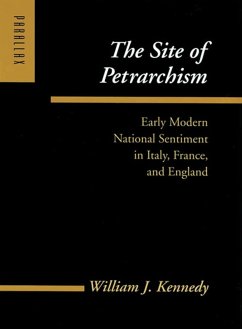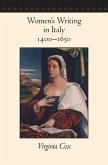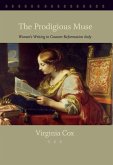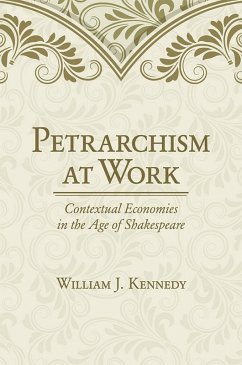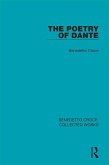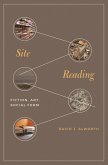Drawing upon poststructuralist theories of nationalism and national identity developed by such writers as Etienne Balibar, Emmanuel Levinas, Julia Kristeva, Antonio Negri, and Slavoj Zizek, noted Renaissance scholar William J. Kennedy argues that the Petrarchan sonnet serves as a site for early modern expressions of national sentiment in Italy, France, England, Spain, and Germany. Kennedy pursues this argument through historical research into Renaissance commentaries on Petrarch's poetry and critical studies of such poets as Lorenzo de' Medici, Joachim du Bellay and the Pleiade brigade, Philip and Mary Sidney, and Mary Wroth.Kennedy begins with a survey of Petrarch's poetry and its citation in Italy, explaining how major commentators tried to present Petrarch as a spokesperson for competing versions of national identity. He then shows how Petrarch's model helped define social class, political power, and national identity in mid-sixteenth-century France, particularly in the nationalistic sonnet cycles of Joachim Du Bellay. Finally, Kennedy discusses how Philip Sidney and his sister Mary and niece Mary Wroth reworked Petrarch's model to secure their family's involvement in forging a national policy under Elizabeth I and James I .Treating the subject of early modern national expression from a broad comparative perspective, The Site of Petrarchism will be of interest to scholars of late medieval and early modern literature in Europe, historians of culture, and critical theorists.
Dieser Download kann aus rechtlichen Gründen nur mit Rechnungsadresse in A, B, BG, CY, CZ, D, DK, EW, E, FIN, F, GR, HR, H, IRL, I, LT, L, LR, M, NL, PL, P, R, S, SLO, SK ausgeliefert werden.

